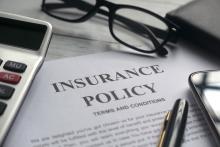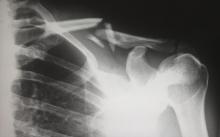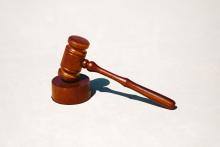How Insurance Companies Deny Temporary Wage Benefits
Defense counsel routinely uses a number of defenses in order to deny paying temporary benefits to injured workers. These defenses assume your client has already met the threshold requirements for either Temporary Partial Disability (TPD) or Temporary Total Disability (TTD) i.e., restrictions from an authorized treating physician and not at Maximum Medical Improvement (MMI).
There are rare occasions when an injured worker is entitled to TTD but not receiving it while actively employed with the Employer and the Carrier has not asserted an affirmative defense to payment of TTD.









